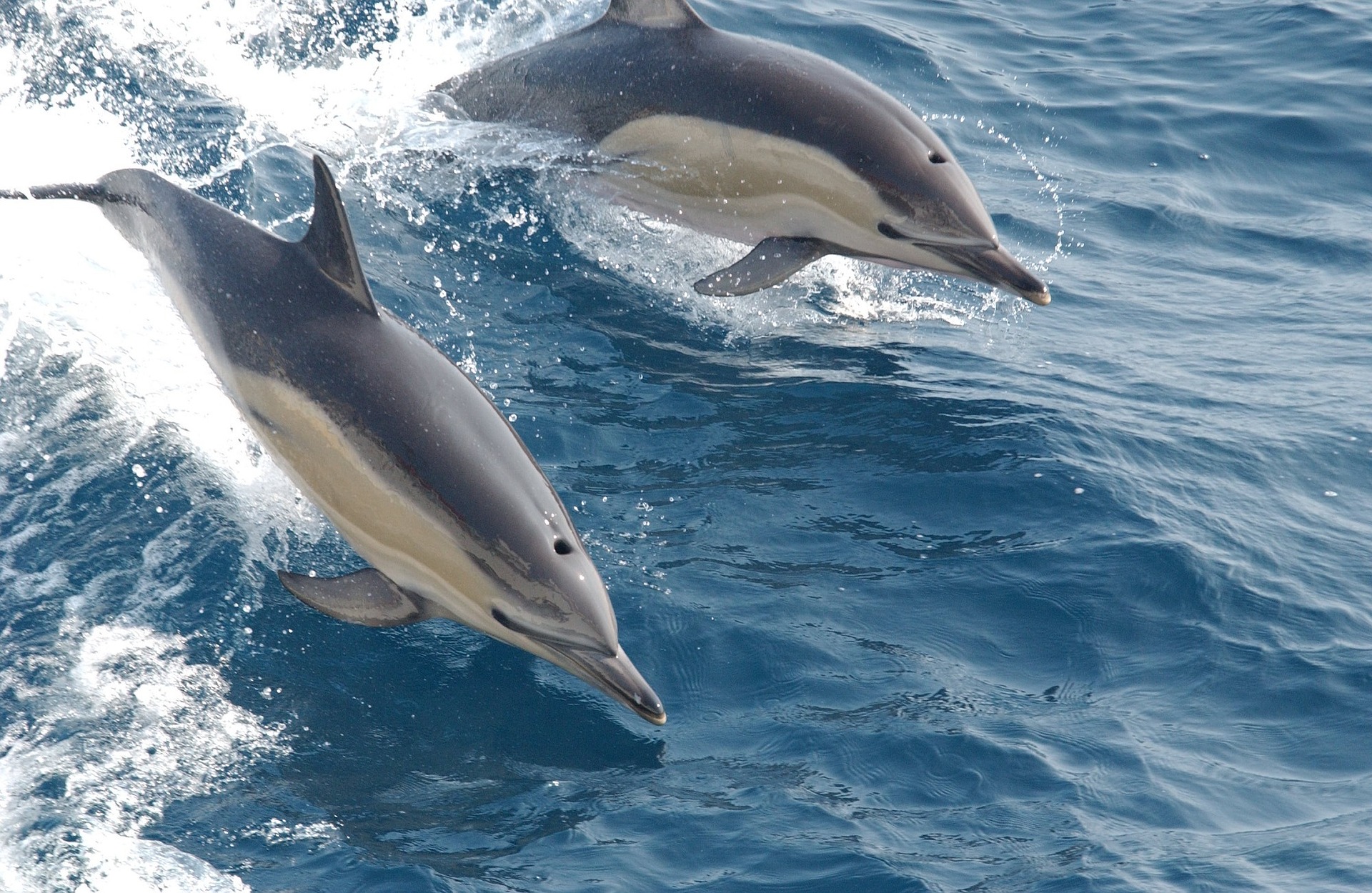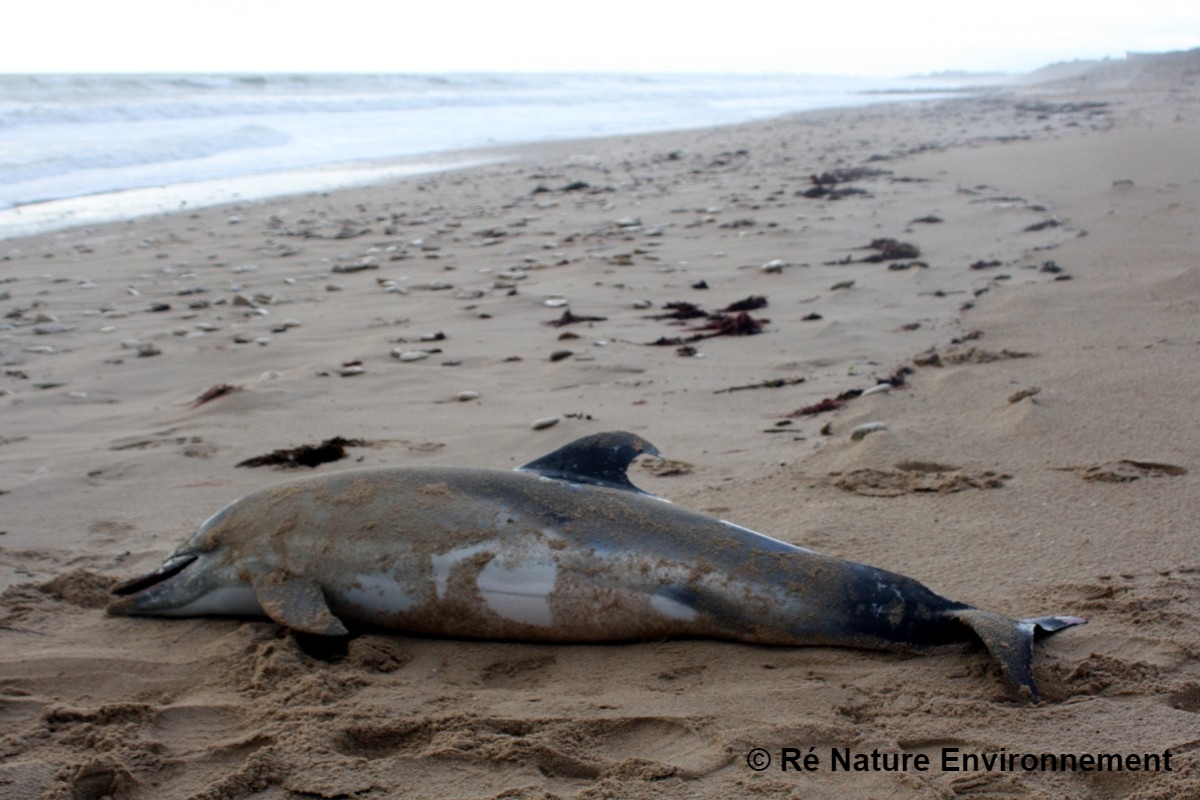The European Parliament’s Committee on the Environment (ENVI) has voted in favour of key steps to bring more transparency to fisheries activities and traceability to seafood supply chains. These amendments to the revision of the fisheries Control Regulation, the foundation for how fishing activities of the EU fleet are managed, mark a pivotal step to secure sustainable seafood and healthy marine ecosystems in the EU.

The Committee has called for a number of actions, including:
- vessel tracking and catch reporting to be required for all EU vessels
- the use of cameras on part of the fleet to ensure full and verifiable documentation of seafood catches
- migrating the current paper-based seafood traceability systems into a digital format
- information on fisheries monitoring and control efforts to be made public
- making the sanctioning system more effective and considerate of environmental rules in all Member States
In its upcoming vote, the Fisheries Committee (PECH) is called upon to lock in the course ENVI has set, while strengthening measures for on-board CCTV. This will ensure the EU is successful in achieving fully-documented, transparent and sustainable fisheries, as laid out in the Common Fisheries Policy.
Andrea Ripol, Fisheries Policy Officer at Seas At Risk said, “With today’s vote, MEPs took an important step to protect dolphins, seabirds and turtles by widening the scope of Remote Electronic Monitoring to include bycatch of sensitive species and for information on sensitive species to be reported in electronic logbooks. This will deliver an independent and verifiable source of information on when and where bycatch takes place – a first step to effectively mitigate these events which kill thousands of animals each year. However, to instil true confidence in these measures, data must be collected on a much wider scale. We call on the Fisheries Committee to go one step further and make the installation of Remote Electronic Monitoring mandatory on all vessels over 12 meters and on those small-scale vessels at a high risk of breaching the rules of the CFP.”

Vanya Vulperhorst, Campaign Director Illegal Fishing and Transparency at Oceana Europe said, “We applaud the ENVI committee for voting in favour of requiring seafood catches to be reported and for the installation of vessel tracking devices on the entire EU fishing fleet, made up of more than 80,000 vessels. Up until now, 75% of these vessels have been allowed to remain mostly off the radar, obscuring authorities’ view on the true nature of fishing activities. ENVI’s proposal for vessels to transmit their position in close to real-time or maximum every ten minutes is one that PECH must stand by, as it will improve fishers’ safety as well as the EU’s ability to manage its fisheries sustainably.”
Katrin Vilhelm Poulsen, Senior Seafood Policy Officer at the WWF European Policy Office said, “In the EU, we import more than 60% of the seafood that we eat. If we, as European consumers, don’t want to unintentionally contribute to unsustainable fisheries across the world, we need proper legislation and effective tools to ensure our seafood is traceable, legal and sustainable. A digital traceability system for fish products is critical. It will help make food supply chains more sustainable, which is a central aim of the Farm to Fork strategy.”
Nick Goetschalckx, Fisheries Lawyer at ClientEarth said, “The right to fish in EU waters comes with an obligation to effectively control, monitor and enforce sustainable fishing rules. EU citizens have a right to know how national authorities are using public money to effectively monitor our oceans’ valuable resources. Today, ENVI MEPs have rightly put environmental accountability at the centre of the Fisheries Control Regulation by requiring EU countries to make crucial information on how fishing activities are monitored publicly available – the Fisheries Committee must now do the same.”
Marta Marrero Martin, Director of Ocean Governance at The Nature Conservancy said, “With the majority of assessed EU fish populations currently overfished, and many more of unknown status, we urgently need to ensure that fishing fleets are properly managed, monitored and controlled. Comprehensive Remote Electronic Monitoring (REM) of vessels, including on-board CCTV, would not only discourage rule-breaking but would also provide regulators with data to inform effective management decisions. After today’s vote, we call upon MEPs to go one step further by requiring REM on board all EU vessels over 12 metres in length.”
ENDS
The EU Fisheries Control Coalition – The Environmental Justice Foundation, The Nature Conservancy, Oceana, Seas At Risk, and WWF, together with ClientEarth, The Fisheries Secretariat, Our Fish and Sciaena – is working to ensure that fisheries management in the EU safeguards ocean health and marine life for generations to come.
Notes to editors:
The fisheries Control Regulation is the cornerstone of how fisheries are controlled and monitored in the EU. This helps to ensure seafood is caught within sustainable limits and follows legal procedures, with direct impacts for Member States, fishers and consumers, as well as the health of marine ecosystems.
The current revision process of the Regulation offers opportunities to make fisheries management more sustainable, address the lack of transparency on how the EU fleet is regulated and, as a result, increase profits for the sector. In addition, a strong future Control Regulation is key to stopping illegal fishing activities, which hurt fishers practising within legal boundaries.
Posted on: 11 September 2020



